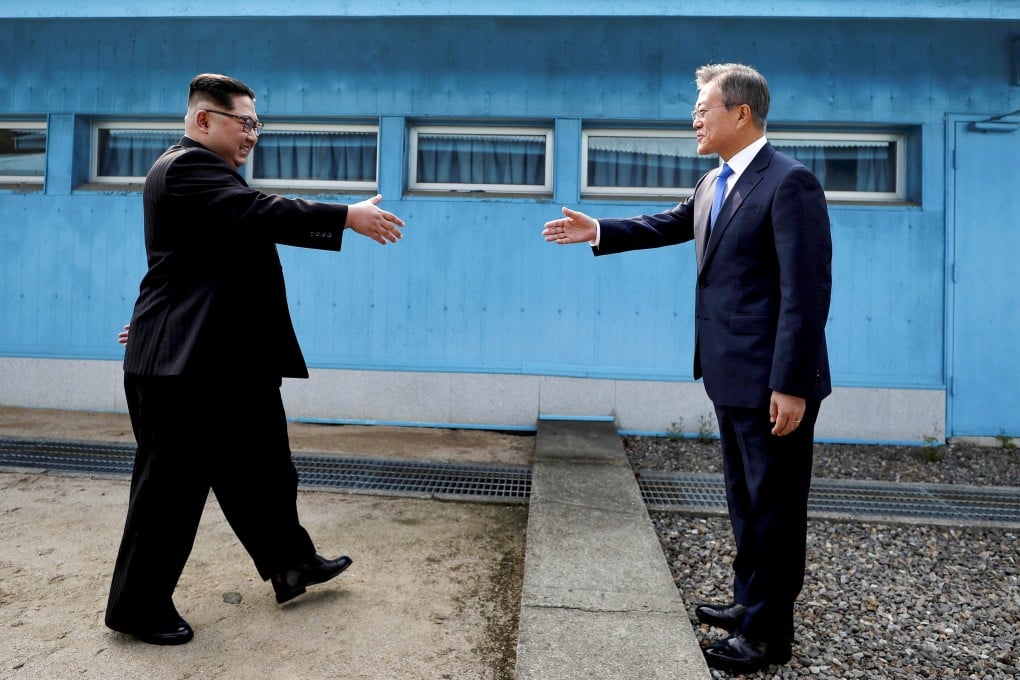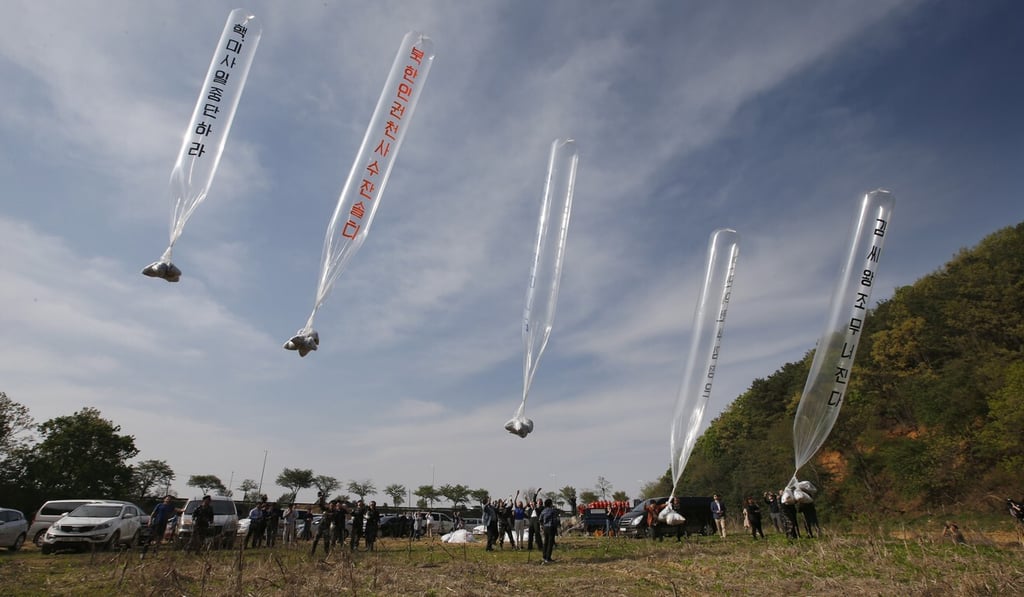South Koreans lose faith in promise of improved human rights in the North: survey
- A series of summits in 2018 raised hopes of reform but South Koreans’ expectations have been dashed due to recent tensions
- North Korea in June blew up a shared liaison office after the South failed to prevent activists flying propaganda leaflets across the militarised border

According to the poll released by the Database Centre for North Korean Human Rights (NKDB), nearly twice as many South Koreans see “no possibility” of any improvement in human rights conditions in the North compared with 2018. The NKDB said the results were based on the responses of 1,000 participants contacted by phone.
Although 65.1 per cent of South Korean citizens in 2018 believed change was possible, that number plunged to 37 per cent this year, according to the survey by the Seoul-based non-profit group, which tracks alleged rights abuses in the North.
Of the respondents, 21 per cent said they believed conditions in the North had deteriorated. Just 16.5 per cent said they had improved, down from 21.1 per cent last year.

Nearly 65 per cent of respondents to the NKDB survey said they supported “active intervention” to improve conditions on the basis of universal human rights, although 30 per cent regarded it as a domestic issue in the North and said external interference was not warranted.